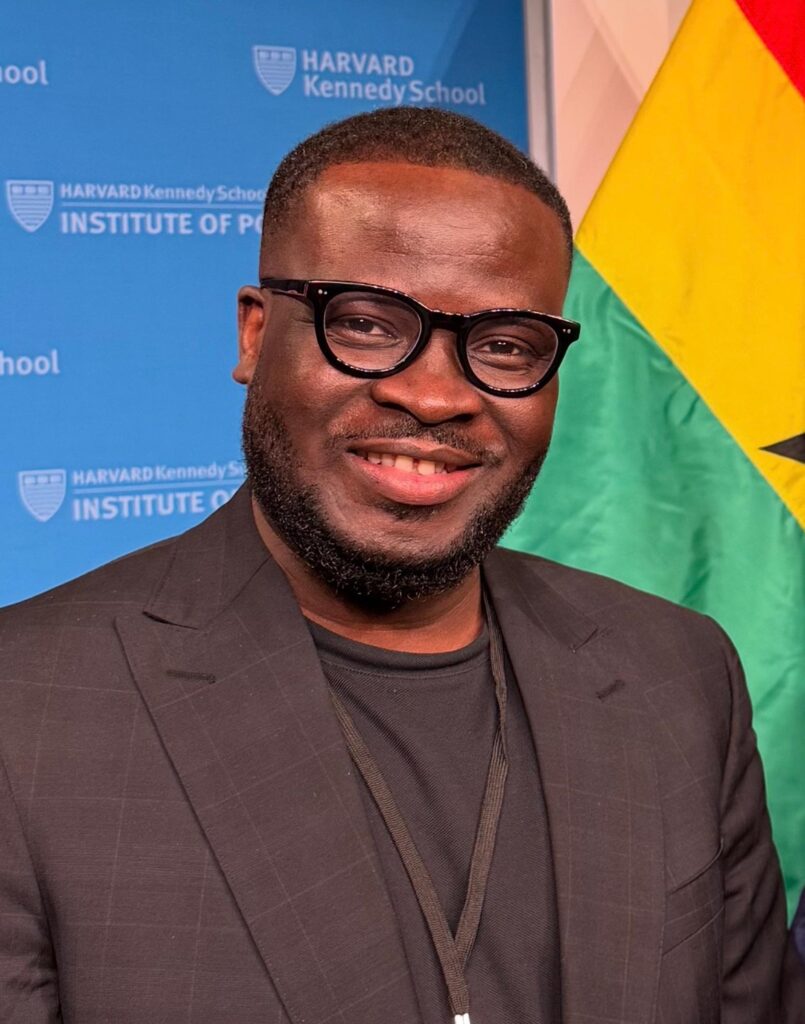All African Convention: Sankofa ’25 brings collaboration, innovation to Boston

The Reggie Lewis Track and Athletic Center in Boston is set to become a crucible of transformative ideas tomorrow and Saturday.
July 18-19 marks the convening of the All African Convention, a landmark event organized by the Alliance for Total Freedom for Republics and Independent Countries of Africa Network (A.F.R.I.C.A.N). Dubbed “Sankofa,” this gathering transcends a mere celebration; it is a profound call to action, reflection and the ambitious reconstruction of the global African identity.
At the core of the Sankofa convention lies an undeniable truth: The sustained socioeconomic recovery and geopolitical sovereignty of African nations are inextricably linked to the African diaspora. As the organizers powerfully articulate, “Africa cannot rise in isolation.”
This sentiment underscores a pivotal shift in Pan-African strategy. The historical routes of displacement and trade — the transatlantic and trans-Saharan voyages that once fractured and exploited — must now be reversed and leveraged to reclaim what was lost: the people, resources, dignity, and inherent power of Africa and its descendants.
Dr. Bright Eric Ohene, a Ghanaian cardiovascular surgeon, author and biomedical scientist is the impetus behind the conference. The physician’s unique bicultural upbringing, in addition to his medical training in other countries, laid the foundational stones for his life’s mission: to unite disparate elements for a common, stronger whole.
Ohene created A.F.R.I.C.A.N while studying in China. The initiative stemmed from observing the sheer volume of African medical tourism—billions of dollars spent annually abroad—that could otherwise develop robust health care systems on the continent.
“The median age on the African continent is 19.8 years, with less than 4% of the population living beyond 64,” he said, noting that this is “a direct consequence of treatable and preventable conditions going unaddressed.”
He added, “International financial institutions often dictate health care priorities, sidelining chronic diseases prevalent in Africa in favor of infectious disease control, perpetuating a cycle of dependency and premature deaths.”
The Sankofa theme itself, an Akan word meaning “to go back and get it,” encapsulates this philosophy. It’s a call to retrieve the wisdom and strength of the past to build a more robust future. This concept is further illuminated by the Japanese art metaphors of origami and kirigami. Africa, much like a sheet of paper, was cut, folded and reshaped by the insidious forces of colonialism and slavery. The convention, therefore, signifies a collective effort to unfold and reassert Africa’s original, unadulterated form, purpose and pride.
This Neo-Pan-Africanism, a renewed and dynamic iteration of the movement, champions a comprehensive vision beyond conventional economic frameworks. While recognizing the African Continental Free Trade Area (ACFTA) as a crucial initial step, the convention argues that true economic liberation hinges on a deeper connection. This includes forging robust trade, diplomatic, and cooperative ties with Afro-descendant nations across the Caribbean, South America, and beyond.
Furthermore, the dialogue on linguistic censorship, often confined to Anglophone and Francophone perspectives, must expand to embrace Arabophone and other historically marginalized languages, reflecting the rich tapestry of African identities.
Orlando Archie, an international anthropologian researcher, said the conference is important to “find values in our communities of color again across a wide spectrum of people.” Archie pointed out that “it’s important to gain blessings through this conference under the curse of today’s environment” and that we need to commiserate given “that we all have unique customs, even though we have a shared history.”
The first All-African Convention took place December 15-18, 1935, in Bloemfontein in South Africa, the capital and the largest city of the Free State province. More than 400 delegates representing a wide range of political groups and rights activists attended, such as the African National Congress, the South African Communist Party, the Industrial and Commercial Workers’ Union and African Vigilance Associations and religious groups. The convention was called in response to proposed legislation concerning indigenous rights.
This year’s annual gathering, strategically set around July 19 (the “Mafa commemoration” of the Middle Passage), aims to cross-pollinate ideas and unite African and African American professionals globally. Boston’s historical significance, notably as the place where an enslaved African named Onesimus introduced the concept of inoculation during a smallpox outbreak to Dr. Zabdiel Boylston, further cemented its choice as the convention’s inaugural host city.
The All-African Convention, powered by A.F.R.I.C.A.N FORUM Inc., a 501(c)(3) nonprofit, embodies this expansive vision. It serves as a vital platform for diverse voices in business, education, art, wellness and activism to converge, inspire and collaborate.
There will be five sets of panels with the first covering economic empowerment and innovation. Subsequent roundtables will address the future of health and biotech, governance and diplomacy among Pan African countries; faith and social transformation; and finally education, media and cultural liberation. Sixty countries will be represented from every part of the globe.
Through electrifying keynotes, interactive workshops, vibrant cultural exhibitions and vital discussions on economic empowerment and global African influence, the convention aims to dismantle systemic barriers and champion inclusive growth. It is a powerful affirmation that Africans everywhere deserve and must achieve full access to the resources, networks, and support systems necessary to thrive.
Ohene likens the conference to a fist: “It’s a powerful metaphor for African unity and collective self-defense.” Far from being an instrument of aggression he explained “the fist is born from individual fingers [representing diverse African people and nations] compromising their unique lengths and sizes to form a single, unified front.”
This unity is crucial for survival in a world where some view African solidarity as a threat. The inability to form such a “fist” leaves Africa and its diaspora “subsistent” and vulnerable, akin to an “amputated wrist.” The organization’s core goal is to bring together these “fingers, transforming geographical separations like oceans into conduits for connection, ultimately enabling Africans to thrive on the global stage.”






